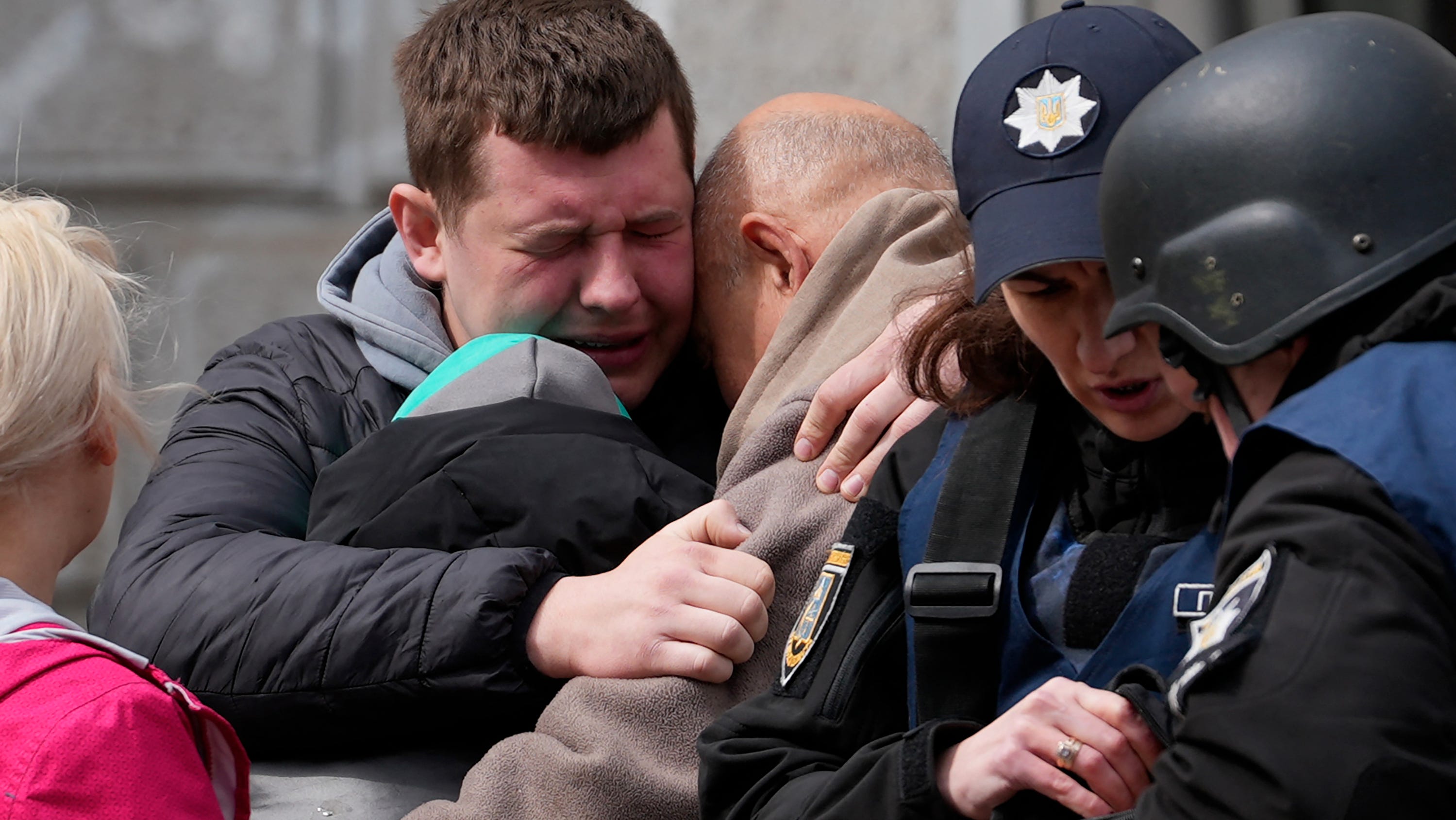Ukraine Progress: Kremlin's Response to Trump's Urging
The ongoing conflict in Ukraine has witnessed a complex interplay of international actors, with recent pronouncements from former US President Donald Trump adding another layer of intrigue. Trump's public statements urging a negotiated settlement, albeit with varying degrees of clarity and seemingly conflicting messages, have elicited a notable response from the Kremlin. Understanding this dynamic requires analyzing Ukraine's progress on the battlefield, the Kremlin's strategic goals, and the potential implications of Trump's involvement.
Ukraine's Recent Gains and Challenges
Ukraine has demonstrated significant progress in recent months, particularly with its counteroffensive in the south and east. While the advance hasn't been as rapid as some initially predicted, key territorial gains have been made, reclaiming villages and towns previously occupied by Russian forces. These victories, fueled by Western military aid and improved Ukrainian tactics, have significantly boosted morale and shifted the momentum on the battlefield.
However, challenges remain. The Russian military, despite suffering heavy losses, retains a considerable advantage in terms of manpower and artillery. The terrain in some areas presents significant obstacles to a rapid Ukrainian advance, and the ongoing fight for Bakhmut highlights the brutal nature of the conflict and the high cost of territorial gains. Furthermore, the constant barrage of Russian missile strikes and drone attacks continues to inflict damage on Ukrainian infrastructure and civilian populations.
Key Factors Contributing to Ukraine's Progress:
- Western Military Aid: The consistent supply of advanced weaponry, including tanks, HIMARS, and air defense systems, has been instrumental in strengthening Ukraine's military capabilities.
- Improved Ukrainian Tactics: The Ukrainian military has demonstrated a remarkable ability to adapt and learn, effectively utilizing Western-supplied weaponry and developing effective strategies.
- Stronger International Support: Continued diplomatic pressure from Western nations and international organizations has helped to isolate Russia and maintain support for Ukraine.
The Kremlin's Reaction to Trump's Urging
The Kremlin's response to Trump's calls for a negotiated settlement has been nuanced. While publicly appearing receptive to the idea of talks, the underlying message conveyed a distinct lack of genuine commitment. This can be attributed to several factors:
- Maintaining Territorial Gains: Russia's primary objective remains the consolidation of its territorial gains in eastern and southern Ukraine. Any negotiation that doesn't reflect this objective is unlikely to be acceptable to the Kremlin.
- Weakening Ukraine: Even with potential negotiations, the Kremlin likely seeks to continue weakening Ukraine's military capabilities and inflicting further economic damage through the ongoing conflict.
- Exploiting Divisions Within the West: Trump's statements, perceived by some as undermining the unified Western support for Ukraine, could potentially be used by the Kremlin to sow discord among Western allies.
- Propaganda and Information Warfare: The Kremlin is adept at manipulating narratives, potentially using Trump's pronouncements to support its own propaganda efforts and portray the West as divided and unreliable.
Analyzing the Kremlin's Strategy:
The Kremlin's response highlights a strategy built around a blend of military action, diplomatic maneuvering, and information warfare. The aim isn't necessarily to immediately secure a favorable peace agreement but rather to maintain pressure on Ukraine, exploit internal divisions within the West, and gradually achieve its long-term geopolitical goals.
Implications and Future Outlook
Trump's involvement, whether intended or not, complicates the already intricate situation. His pronouncements raise questions about the potential for a shift in US policy towards Ukraine under a future Republican administration. This uncertainty could embolden the Kremlin and potentially undermine the resolve of Ukraine's allies.
The future trajectory of the conflict remains uncertain. While Ukraine continues to make progress on the battlefield, a negotiated settlement appears unlikely in the near term given the vastly different objectives and priorities of the involved parties. The ongoing conflict will likely continue to shape the geopolitical landscape for years to come, with significant implications for regional stability and the international order.
Disclaimer: This analysis is based on publicly available information and expert opinions. The situation in Ukraine is rapidly evolving, and predictions should be viewed with caution.
